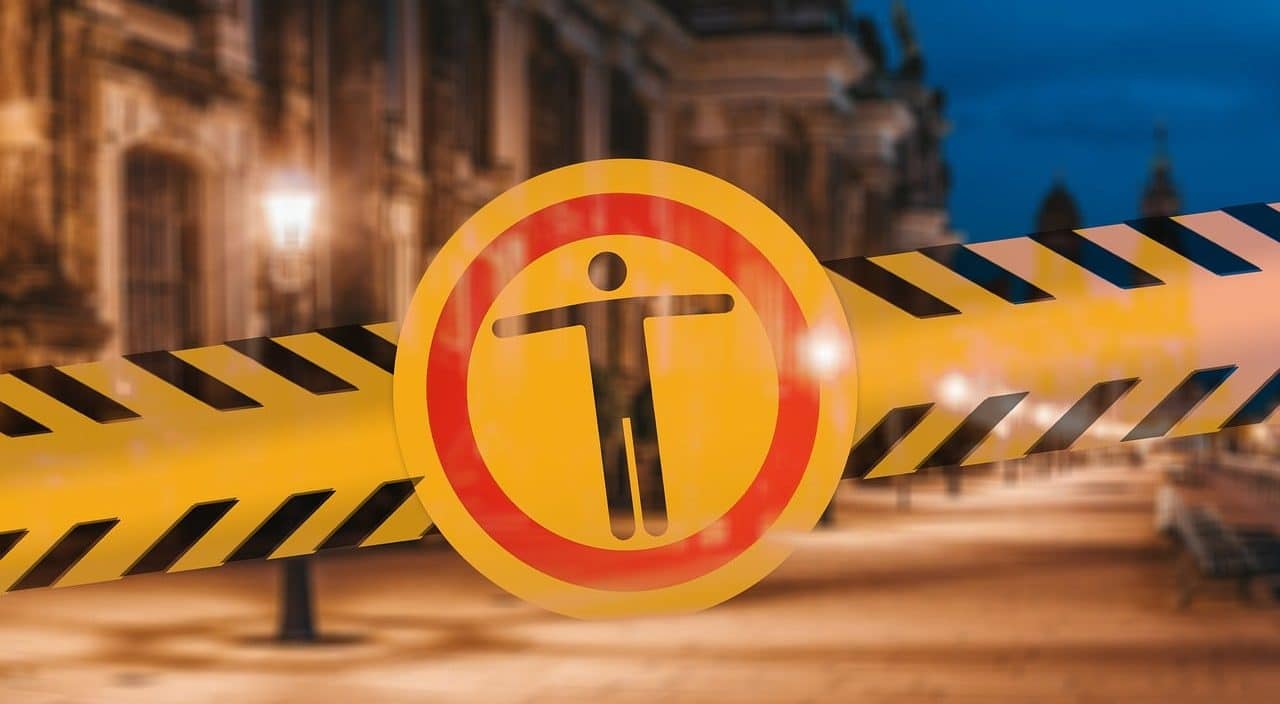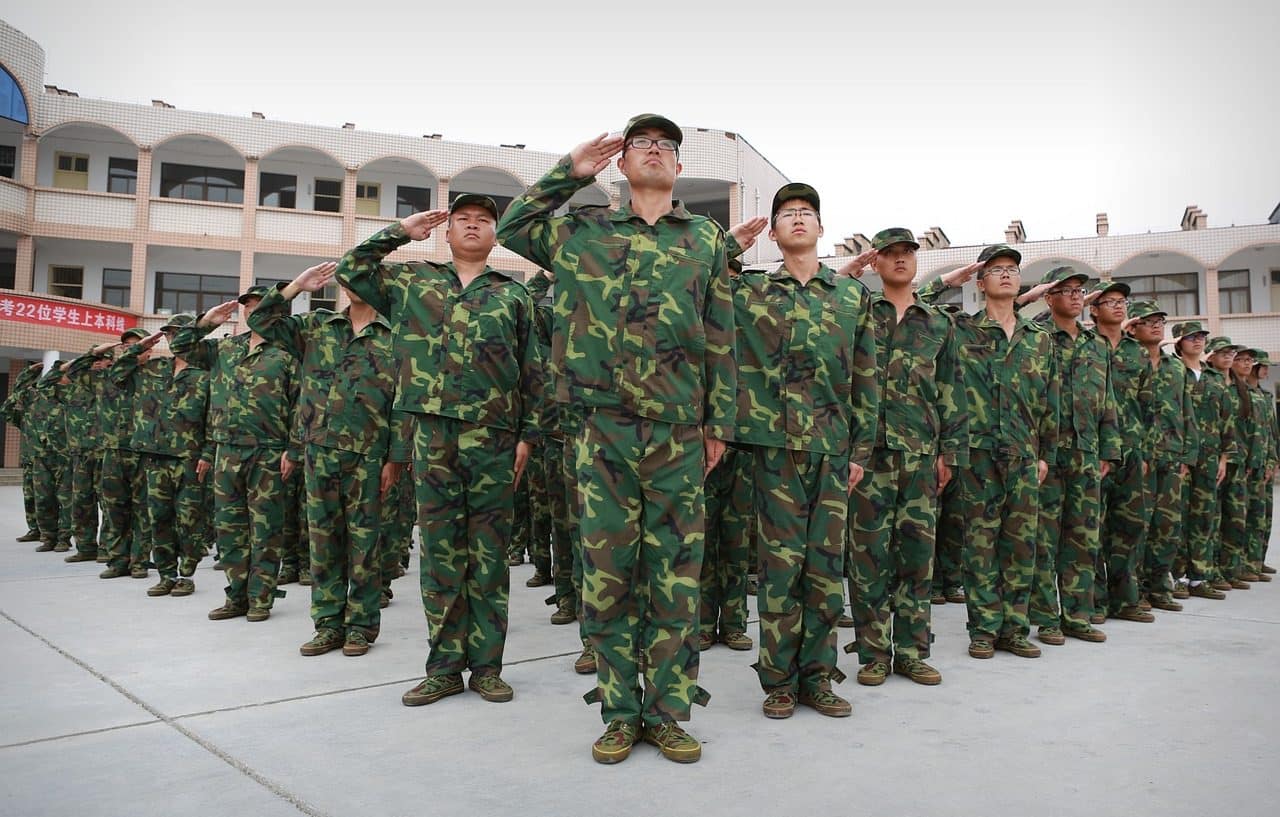
The curfew is an exceptional measure that limits freedom of movement and permanence in public spaces.
A curfew is a measure established by a government in exceptional situations to limit free movement through the streets and permanence in public spaces . This decision is linked to the intention to protect security and minimize possible disturbances or confrontations.
The usual thing is that the curfew is established in the middle of revolts , revolutions or wars . Through the security forces, the government ensures that the ban is respected since those who violate the curfew are arrested or returned to their homes.
Many times the curfew is established at night , when street surveillance is more complicated. In this way, the police , army or other force is in charge of controlling the city from dusk to dawn, making sure that there are no people walking around the area, gathering or demonstrating.
Examples of curfew
Various governments, throughout history , have established curfews at particular times. In the 1980s , Peruvian authorities applied a curfew to combat terrorist acts. In 2010 , Chile also applied a curfew after an earthquake to prevent looting amid the lack of control.
Therefore, although it may seem that the curfew is something from the past, this is not the case, as the Chilean case demonstrates. An earthquake that devastated the city caused the prevailing chaos to be taken advantage of by many people to loot supermarkets and stores. Given this, what happened was that the government established a curfew between 6:00 p.m. and 12:00 p.m. the next day.
It was a total of eighteen hours a day subjected to this government imposition with which it was intended to ensure that this type of looting came to an end and that the members of the security forces could keep the population under control and out of danger.
Also in recent years in Kenya, a curfew has been imposed after certain terrorist attacks have taken place.

In general, the army guarantees compliance with the curfew.
Measure against a specific social group
Sometimes, the curfew is aimed only at one social group.
In the Panamanian city of Colón , for example, the local government decreed a curfew for minors between 8 p.m. and 6 a.m. The measure aimed to prevent young people from being exposed to risky situations.
Curfew in colloquial language
More colloquially, curfew is also used by many parents when determining departure times with their teenage children.
Thus, when they want to take the opportunity to go out to party with their friends or do some activity with them, it is common for their parents to set a time for them to return home. In this way, they are told, for example, that the curfew to pick up is 12 at night.
